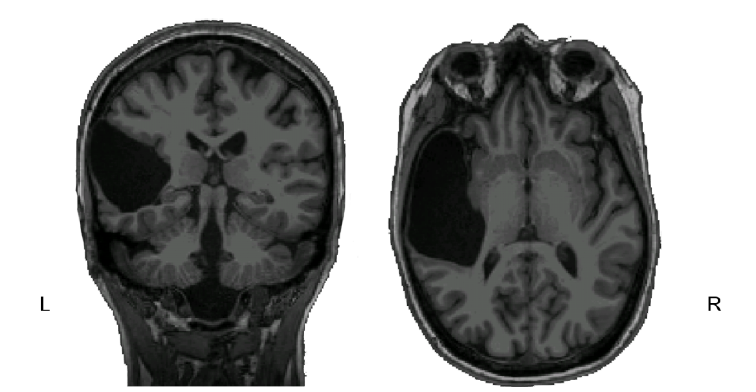Introduction:
Consciousness, the enigmatic nature of our subjective awareness and experience, has captivated the human mind for centuries. In recent years, neuroscience research has made significant strides in unraveling the mystery of consciousness. By studying the intricate workings of the brain, scientists have gained valuable insights into the neural mechanisms underlying conscious awareness. In this article, we explore some of the key findings from neuroscience research that contribute to our understanding of consciousness.
1. Neural Correlates of Consciousness:
Neuroscience research has identified specific brain regions and patterns of neural activity associated with conscious experiences. Through advanced imaging techniques like functional magnetic resonance imaging (fMRI) and electroencephalography (EEG), scientists have observed distinct neural correlates of consciousness. These include activation in the prefrontal cortex, parietal cortex, and thalamocortical networks, which are thought to play crucial roles in generating conscious awareness.
2. Information Integration:
One prominent theory in neuroscience suggests that consciousness arises from the integration of information across widely distributed brain networks. The ability of different brain regions to communicate and exchange information is essential for generating a unified and coherent conscious experience. Studies have demonstrated that disruptions in information integration, such as during anesthesia or certain neurological conditions, can lead to alterations in conscious awareness.
3. Attention and Consciousness:
Attention plays a crucial role in shaping conscious experiences. Neuroscience research has shown that attentional processes, mediated by the frontoparietal network, influence which stimuli or mental representations become consciously accessible. Attention acts as a selective filter, allowing relevant information to reach conscious awareness while filtering out irrelevant or distracting stimuli.
4. Altered States of Consciousness:
Exploring altered states of consciousness, such as during meditation, psychedelic experiences, or certain neurological conditions, offers unique insights into the nature of consciousness. Neuroscience research has shown that these states can induce changes in brain activity and connectivity, providing glimpses into the underlying neural mechanisms of consciousness. Studying altered states helps challenge traditional assumptions about the boundaries and flexibility of conscious awareness.
5. Consciousness and the Unconscious Mind:
Unconscious processes, which occur outside our conscious awareness, also play a significant role in shaping our conscious experiences. Neuroscience research has shed light on the interactions between conscious and unconscious neural processes, highlighting the dynamic interplay between these two aspects of the mind. Unconscious processing can influence our thoughts, emotions, and behaviors, even without conscious awareness.
6. Integrating Science and Philosophy:
The study of consciousness necessitates an interdisciplinary approach that bridges the gap between neuroscience and philosophy. While neuroscience provides empirical insights into the neural mechanisms of consciousness, philosophical perspectives help frame and interpret these findings within broader conceptual frameworks. Combining scientific rigor with philosophical inquiry is crucial for deepening our understanding of consciousness.
Conclusion:
Neuroscience research has made significant strides in unraveling the mystery of consciousness, shedding light on its neural correlates, information integration, the role of attention, altered states of consciousness, the unconscious mind, and the need for interdisciplinary collaboration. While the nature of consciousness remains complex and multifaceted, continued advancements in neuroscience offer promise in unraveling its intricacies. By integrating empirical findings with philosophical insights, we can continue to expand our understanding of consciousness and unlock the secrets of this profound aspect of human existence.









